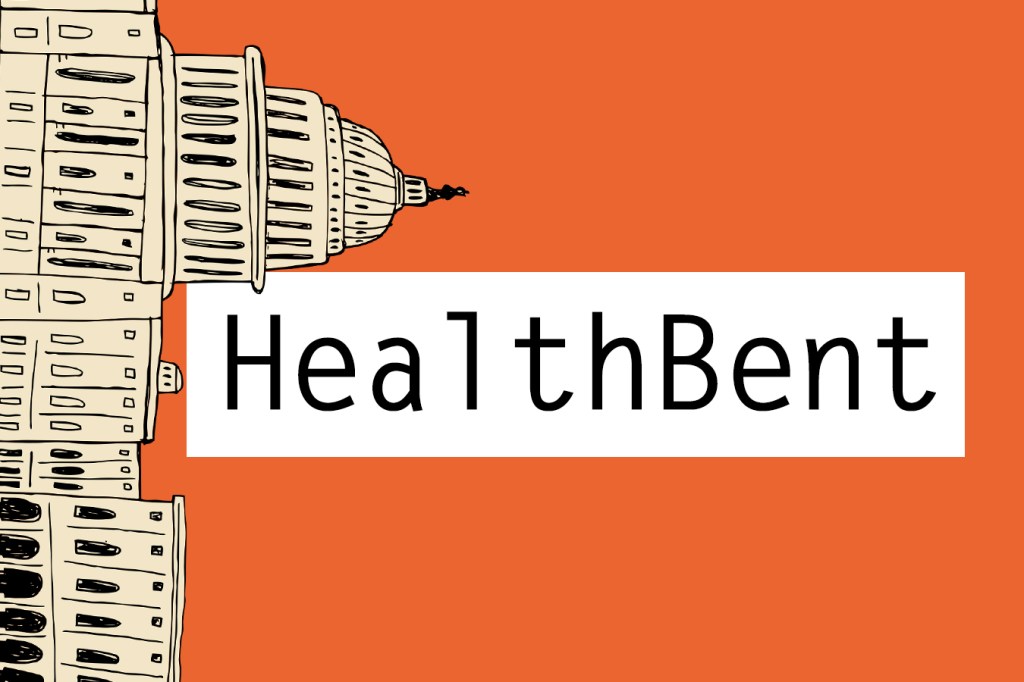How much medical care do we need to provide before we begin to call it an office visit?
Just the other day, during a usually busy morning practice session, a patient of one of my colleagues did not show up for their appointment, and later that day the patient sent my colleague a portal message with a list of items they wanted taken care of. They had some new pain they wanted to discuss, needed a refill of a few medications, and had a number of referrals that they needed processed to be able to continue to see some specialists who they followed with for chronic care. They also wanted to get their routine mammogram, and they had some questions about the COVID-19 booster shot and whether/when they should get it.
Right now, as we know, healthcare providers are overwhelmed, stretched thin with both the demands of the pandemic and those of in-person patient sessions, telephone calls, and video visits. Our patients can reach us through email, the patient portal, direct phone calls to the practice, and sometimes even text messages.
In the peak of the pandemic, when we were pretty much closed to everything except COVID-19 cases, we ramped up our video visit and scheduled telephone call appointments, so we were able to safely manage patients at home. No one wanted to come in, and to be honest, we were so busy with COVID-19 we didn’t want them coming in, risking getting sick. We let a lot of our practice rules slip, refilling medicines for a year at a time, even when we sometimes hadn’t in fact seen these patients for quite a while. Our providers gave out a lot of care through the portal and other messaging systems, helping patients stay safe and manage their health conditions.
But now that we’ve moved back towards something we have been calling “the new normal”, it starts to feel like a lot of these systems are allowing patients to get a lot of what used to be delivered in person, during what we like to call an “office visit”. Don’t get me wrong — I think there’s an enormous amount of care we can provide safely and effectively and efficiently without making patients come in. I really do believe that many of the conditions we manage as primary care doctors can be handled by us, first during an in-person office visit, with follow-up on a video visit, either with us or with other members of our care team, such as nurses, therapists, pharmacists.
But when a patient schedules an in-person visit, and then is a no-show for that appointment, and then pretty much calls up or sends a message requesting a lot of work be done on their behalf, perhaps we need to tighten things up and draw a little line in the sand, set some boundaries, put in a few limits.
Managing some health conditions, evaluating a new medical complaint, refilling medicines, ordering labs, performing healthcare maintenance, and offering general medical advice, is pretty much what we have to offer. No one would expect, no matter how sophisticated the technology gets, that a person would one day cancel their in-person appendectomy and then request that the surgeon do it, free of charge, remotely, robotically.
On the other hand, none of us want to nickel-and-dime these things. I’ve heard this taken to the extreme where any question a patient asks through the portal, some providers say they will answer it in a scheduled (reimbursable) telephone call. I have even heard of some providers who will not put refills on their patient’s chronic medicines, making patients schedule brief follow-up appointments — in-person, on video, or over a telephone call — for which they can be reimbursed.
Look, if we can get enough help so that we can get everything done, we’re all more than willing to do what needs to be done to keep our patients healthy and safe at home, or have them come into the office if need be. Perhaps someday we’ll be able to do complete remote physical exams, then have patients do home lab testing, then have a consultation to evaluate their health conditions, all without them crossing our threshold. Give us enough members of our team that we can hand off tasks to, and we’ll gladly be there to offer advice, refill medicines, order labs, and guide people through the mysterious world of COVID-19 boosters.
But for now, I think providers have sort of gotten to the point where they’re willing to take care of one or two things, but when patients start to send in a bunch of items, a shopping list of healthcare, then there needs to be some accountability and reimbursement for the time and cognitive work our providers are doing. Eliminate the bureaucracy, make their referrals happen automatically, let patients schedule routine healthcare maintenance tasks without us even needing to be part of it, and so much more, and then maybe all our lives will be made that much better.
Fred N. Pelzman, MD, of Weill Cornell Internal Medicine Associates and weekly blogger for MedPage Today, follows what’s going on in the world of primary care medicine from the perspective of his own practice.
Note: This article have been indexed to our site. We do not claim ownership or copyright of any of the content above. To see the article at original source Click Here













